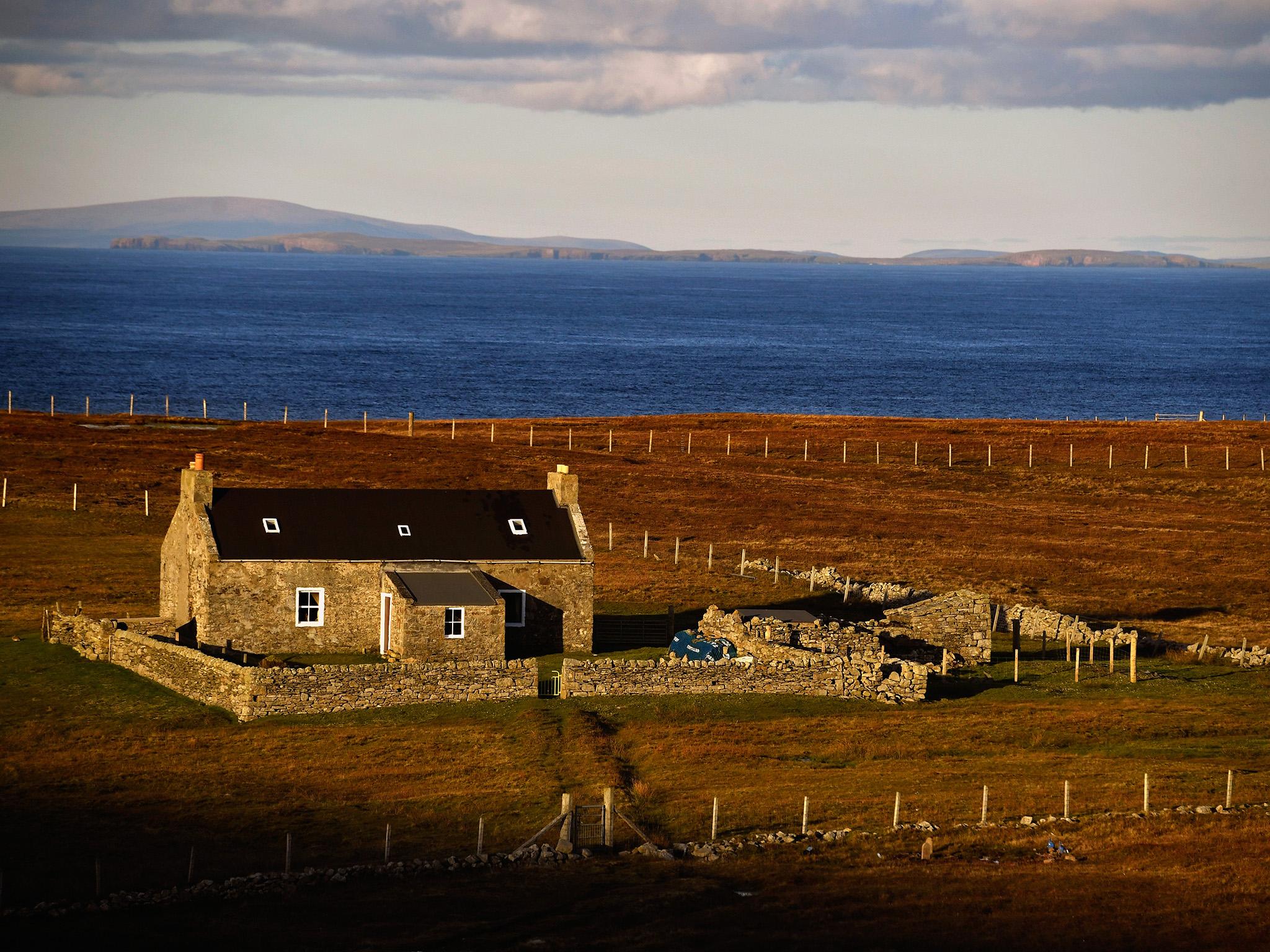Foula: Britain's remotest inhabited island celebrates Christmas nearly two weeks after rest of the UK
'The tradition is not going to end here,' says local resident

The residents of Great Britain’s remotest inhabited island celebrated Christmas today, nearly a fortnight after the rest of the UK and much of the world in accordance with a centuries-old tradition.
The 30 or so people who live on the island of Foula in Shetland celebrate their winter festivals according to the Julian calendar, which was last observed by the rest of the UK in 1752 when the Gregorian calendar was adopted.
Since the leap year in 1900, Foula residents have celebrated Christmas and New Year 12 days behind the Gregorian calendar, on January 6 and January 13 respectively.
Every Christmas Day, all the islanders congregate in one house where they exchange gifts and sing songs. The group includes ten children.
Inhabitants of the island, which is situated 200 miles north of John O’Groats in Scotland, preserve a strong Norse cultural tradition of music, festive foods and folklore tales. Their ancestors spoke Norn, an ancient form of the Old Norse language, until the start of the 19th century.
“Islanders have celebrated these days since before the Gregorian calendar,” local Stuart Taylor told Mirror Online. “We are not unique - other parts of the world, such as areas of Russia, still celebrate the old calendar.
“Families open their presents in their own homes and then in the evening we all tend to end up in one house. The tradition is not going to end here."
Meanwhile Orthodox Christian communities around the globe, including Greek catholics and Coptic Christians, are currently preparing for their own Christmas, which they celebrate on January 7.
Join our commenting forum
Join thought-provoking conversations, follow other Independent readers and see their replies
Comments